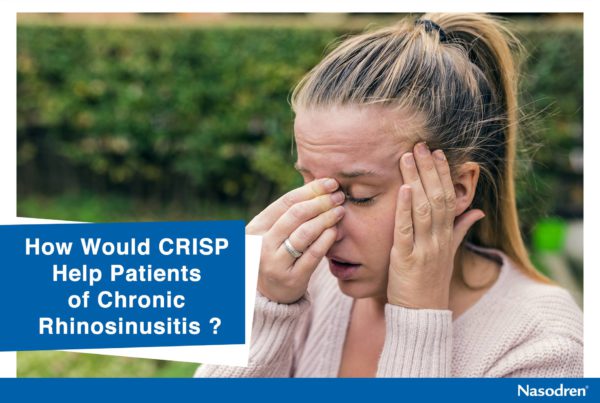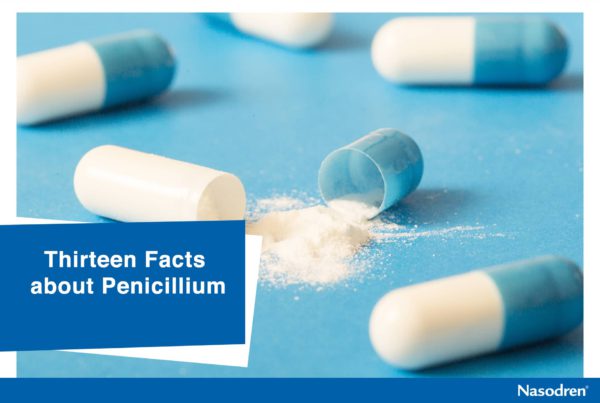ORAL ANTIHISTAMINES
Pharmacological sinusitis treatments
These have no clear indication in the treatment of rhinosinusitis except in patients with allergic rhinitis or in those for whom a bacterial aetiology has been ruled out.
They reduce sneezing frequency and the volume of rhinorrhea, hence they may reduce the risk of the nasopharyngeal microorganisms reaching the inside of the paranasal sinuses.
How do they work?
Histamine is a substance produced in the nasal mucosa following the binding of the allergen to the IgE and is responsible for most of the symptoms (obstruction, sneezing, and secretion). These medicinal products block the effects of the histamine H1 receptors and give rise to vasoconstriction and reduction of vascular permeability, provoking a reduction of flare and edema.
What should be recommended for their proper use?:
- Do not exceed the recommended daily dose.
- Interrupt the treatment 24 hours before any surgery.
- Effect on driving: they may cause sedation, affecting the ability to drive or operate machinery. These are doping agents.
What situations may give rise to problems related to these medicinal products?
- Their adrenergic stimulation may cause side effects due to t such as nervousness, insomnia, tachycardia, high blood pressure, nausea, vomiting, dryness of mouth, dyspnoea, urticary and exanthematic reactions.
- Patients who may suffer a worsening in their pathologies: diabetes, HBP, glaucoma, heart disease, hyperthyroidism, etc. Use with caution in the elderly!
Do these drugs interact with other medicinal products?
- Tricyclic antidepressants
- Anaesthetics by inhalation
- Antihypertensives
- Digoxin
- Nervous stimulants
- Thyroid hormones
- Monoamine oxidase inhibitors (MAOI)
- Levodopa
- Nitrates







